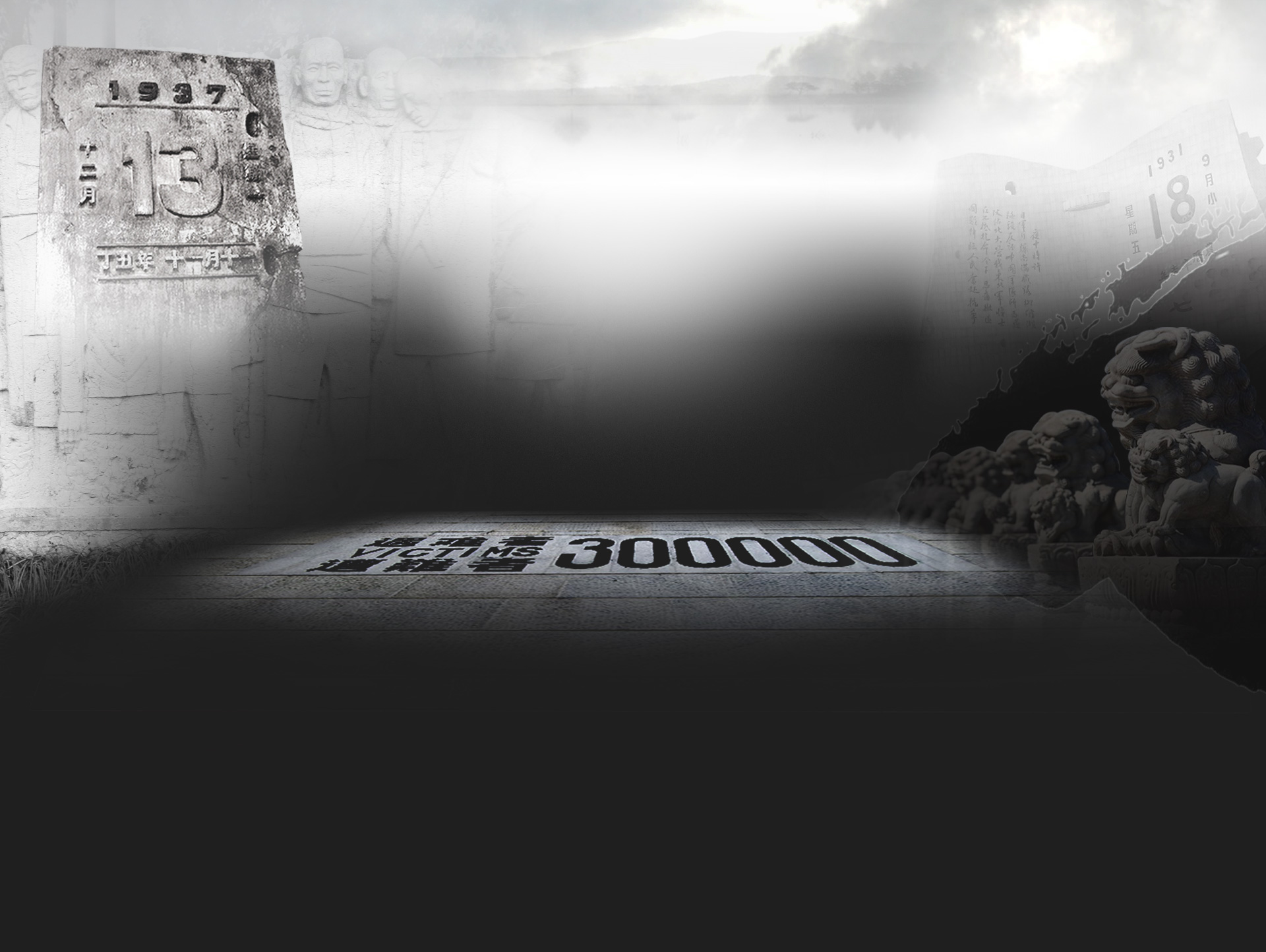by Zhu Chao, Liu Xiuling
TOKYO, July 7 (Xinhua) -- Tuesday marks the 78th anniversary of the Lugou Bridge incident, also known as the Macro Polo Bridge incident, which signaled the beginning of Japan's full-scale invasion of China.
78 years have rolled on, yet divergent views of historical issues keep haunting Sino-Japanese political relations.
Speaking on the issue, Uichiro Niwa, former Japanese ambassador to China, told Xinhua in an exclusive interview that the future is closely linked with the past.
"No matter how prosperous Japan describes the vision of its future to its people, it cannot win trust without recognition of the past history."
Niwa, who recently succeeded Koichi Kato as the chairman of the Japan-China Friendship Association, believed that disputes between the two countries over wartime historical issues are solvable ones.
"Japan has caused plenty of trouble to China. This is the reality no matter whether the government uses the word 'invasion' or not," Niwa said. "Prime Minister Shinzo Abe's administration should uphold the consistent stand like the previous governments, apologizing to victims countries whenever needed. Only on this base can we consider how to develop bilateral relations."
Abe is scheduled to release a landmark statement which marks the 70th anniversary of the end of Japan's surrender in WWII, with his historical perceptions attracting much global attention.
The prime minister is expected to highlight a future-oriented stance and refrain from including references to the terms " invasion" and "colonial rule" in his statement. Sources close to the matter also hinted recently that the statement may be downgraded to Abe's "personal view," instead of a cabinet sanctioned statement, out of consideration for China and South Korea.
Regarding this, Niwa, 76, thought that this kind of explanation is unacceptable. "As the prime minister of Japan, Abe's attitude not only represents himself, but also the government. Even though he's saying it's in the name of 'personal view,' he should not do whatever he wants."
Countries in the world, including China, are closely watching Japan's perception of history, especially at the point of the 70th anniversary of the end of WWII.
"The Japanese government should fully realize the situation and show the world that Japan's reflection in the post-war area," Niwa said, thus, the statement should be adopted in a cabinet meeting like the Murayama Statement and Koizumi Statement, which were separately issued on the 50th and 60th anniversary of the end of WWII.
Niwa reiterated, "As I've said before, the future is closely linked with the past. Nobody can break them apart. No matter how prosperous Japan describes the vision of its future to its people, it cannot win trust without a recognition of history."
He called on the two sides to review and reconfirm the spirit of four important political documents so as to keep bilateral relations headed in the right direction and properly handle the current problems.
Niwa was Japan's first ambassador to China from the private sector, and currently serves as the chairman of the Japan-China Friendship Association, which was established in 1950 and has always been committed to non-government exchanges.
He is expected to use his connections with people in Chinese political and business areas to help improve bilateral ties.
When asked about the issue of the two countries' public holding negative opinions of each other, Niwa, also a former president of Japanese trading house Itochu Corp., thought the problem can be improved by increasing people to people exchanges.
"Mutual perception between the people of China and Japan has fallen behind times. Hopefully they could have more chances to communicate and build trust in the future."
Niwa believed that both Japan and China should take history as a mirror and face forward to the future and push their friendship forward in the near future.
